Teatro dell'Opera, Roma, Thomas Schippers - Puccini: La Bohème (2007)
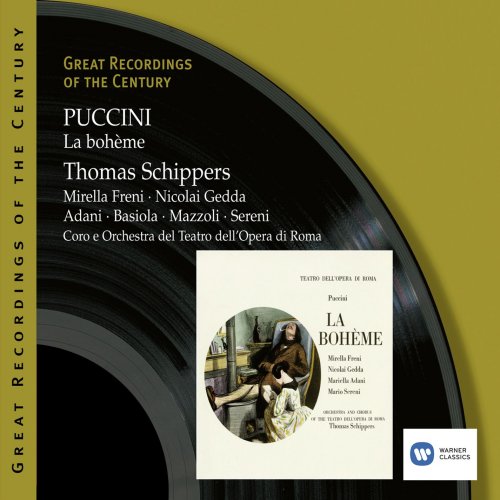
Artist: Teatro dell'Opera Roma, Thomas Schippers
Title: Puccini: La Bohème
Year Of Release: 2007
Label: Warner Classics
Genre: Classical, Opera
Quality: FLAC (tracks)
Total Time: 01:42:55
Total Size: 563 Mb
WebSite: Album Preview
Tracklist: Title: Puccini: La Bohème
Year Of Release: 2007
Label: Warner Classics
Genre: Classical, Opera
Quality: FLAC (tracks)
Total Time: 01:42:55
Total Size: 563 Mb
WebSite: Album Preview
CD 1:
01. "Questo mar rosso mi ammollisce" - 00:02:25
02. "Aguzza l'ingegno. L'idea vampi in fiamma" - 00:03:08
03. "Legna! … Sigari!" - 00:03:41
04. "Si può? … Che è la?" - 00:04:21
05. "Al Quartiere Latin ci attende Momus" - 00:01:59
06. "Chi è la! … Scusi" - 00:02:06
07. "Ah! Sventata, sventata!" - 00:01:37
08. "Che gelida manina" - 00:04:26
09. "Sì. Mi chiamano Mimi" - 00:04:56
10. "Ehi! Rodolfo!" - 00:00:40
11. "O soave fanciulla, o dolce viso" - 00:04:01
12. "Aranci, datteri!" - 00:02:43
13. "Chi guardi?" - 00:02:59
14. "Viva Parpignol!" - 00:02:08
15. "Oh! … Essa! … Musetta!" - 00:03:18
16. "Quando men vo soletta per la via" - 00:04:48
17. "Chi l'ha richiesto?" - 00:02:16
CD 2:
01. "Ohè, là, le guardie … Aprite!" - 00:03:55
02. "Sa dirmi, scusi, qual'è l'osteria" - 00:01:04
03. "Mimi! … Speravo di trovarvi qui" - 00:04:55
04. "Marcello. Finalmente!" - 00:01:07
05. "Mimi è una civetta" - 00:01:14
06. "Mimi è tanto malata!" - 00:02:47
07. "Addio… Che! Vai? … Donde lieta uscì al tuo grido" - 00:03:18
08. "Dunque è proprio finita!" - 00:01:57
09. "Che facevi, che dicevi" - 00:03:42
10. "In un coupè?" - 00:01:48
11. "O Mimi, tu più non torni" - 00:02:33
12. "Che ora sia? … L'ora del pranzo" - 00:02:24
13. "Gavotta! … Minuetto! … Pavanella! … Fandango!" - 00:01:43
14. "C'è Mimi … c'è Mimi che mi segue e che sta male" - 00:03:00
15. "Ho tanto freddo! Se avessi un manicotto!" - 00:02:28
16. "Vecchia zimarra, senti, io resto al pian" - 00:03:22
17. "Sono andati? Fingevo di dormire" - 00:02:04
18. "Mi chiamano Mimi … il perché" - 00:03:01
19. "Dorme? Riposa" - 00:05:01
Performers:
Coro del Teatro dell'Opera, Roma, Gianni Lazzari (director), Nicolai Gedda (tenor), Mario Sereni (baritone), Mirella Freni (soprano), Ferruccio Mazzoli (bass), Mariella Adani (soprano), Paolo Montarsolo (bass), Antonio Dellaca (tenor), Mario Rinaudo (bass), Giuseppe Giuliano (bass), Carlo Badioli (bass), Mario Basiola II, Vittorio Pandano (tenor), Mario Basiola JR. (baritone)
Teatro dell'Opera, Roma, Coro Del Teatro Dell'Opera Di Roma, Thomas Schippers
EMI's 1964 recording of La bohème is one of the most effective on disc. Thomas Schippers' ability to bring a coherent musical arc to this most episodic of operas makes this version a fully persuasive dramatic experience rather than the series of gorgeous vignettes that it can become in less inspired performances. Schippers had a particular gift for "talky" operas; that's not meant in any way to be pejorative, but a description of the kinds of operas (such as Puccini's, and later Menotti's) where the composer's vocal writing demanded an elasticity of tempos that reflects the most natural delivery of the text. Schippers' sensitive shaping of musical ebb and flow based on the text setting both drives the drama inexorably forward and heightens the emotional realism and intensity of each particular moment, making this a fully engaging interpretation of the opera. A first-rate cast is also absolutely essential, and EMI's is stellar, for the most part. The recording project had been planned around Victoria de Los Angeles' Mimi, but after years of delays because of difficulties in her personal life, the decision was finally made to replace her with Mirella Freni. The pearly warmth of Freni's voice, her absolute vocal security, and her intensely human characterization make hers one of the most memorable Mimis on disc. Gedda sings with great dramatic conviction and open, ringing tone, and he makes Rodolfo a realistically sensitive and passionate poet by not turning the role into a virtuoso showcase for himself. Mariella Adani is not a singer of their caliber; her Musetta is more than adequate, but she lacks the dramatic and vocal fire required to bring the character fully to life. Mario Sereni is a convincing, committed Marcello, and he and the remaining cast are consistently in excellent musical and dramatic form. The recording completely succeeds in creating the sense of community the opera requires; these are clearly performers who have lived in these roles to the point that the banter that makes up so much of the opera sounds fully spontaneous. The Rome Opera Orchestra & Chorus likewise perform like they know the opera forward and backward, so they can be fully attentive to Schippers' supple conducting. EMI's sound is warm and clean, and effectively creates the illusion of theatrical space.
DOWNLOAD FROM ISRA.CLOUD
Teatro dell'Opera, Roma, Thomas Schippers - Puccini La Bohème (2007).rar - 563.0 MB
Teatro dell'Opera, Roma, Thomas Schippers - Puccini La Bohème (2007).rar - 563.0 MB

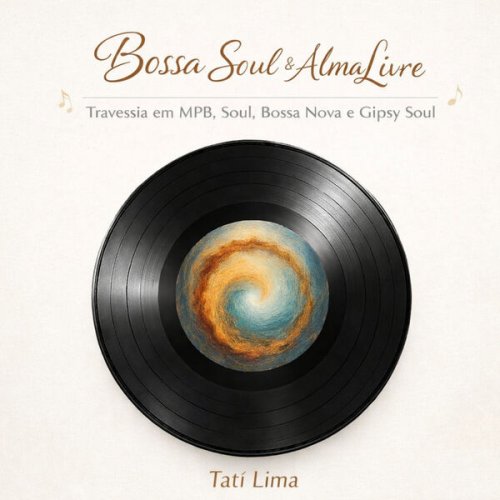
![Ben Webster - King Of The Tenors (1956/2026) [Hi-Res] Ben Webster - King Of The Tenors (1956/2026) [Hi-Res]](https://www.dibpic.com/uploads/posts/2026-01/1769713395_cover.jpg)
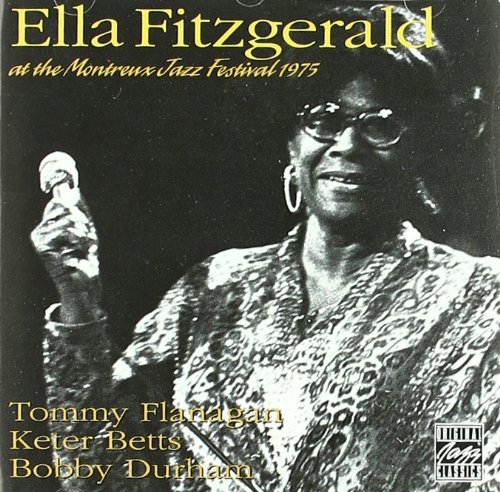
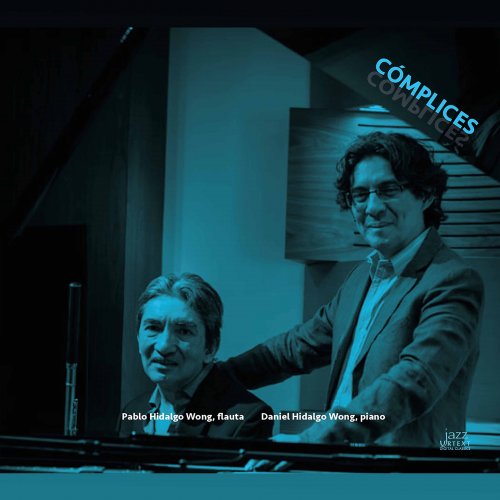

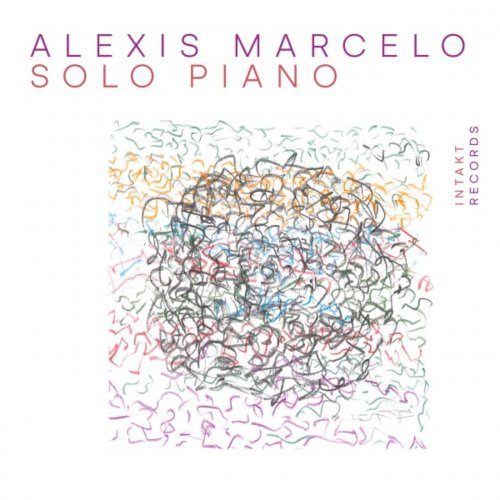
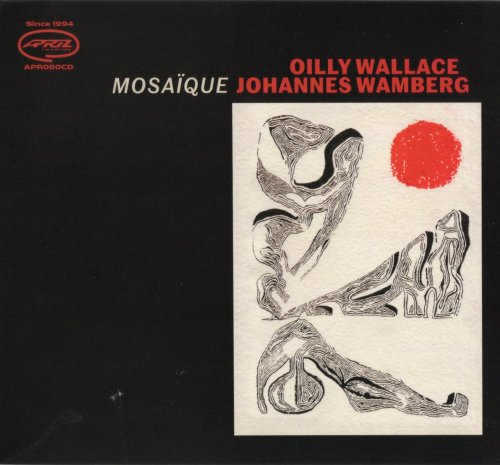
![Lophae - Imagine More (2025) [Hi-Res] Lophae - Imagine More (2025) [Hi-Res]](https://www.dibpic.com/uploads/posts/2026-01/1769692659_osnoe3y27iuxb_600.jpg)